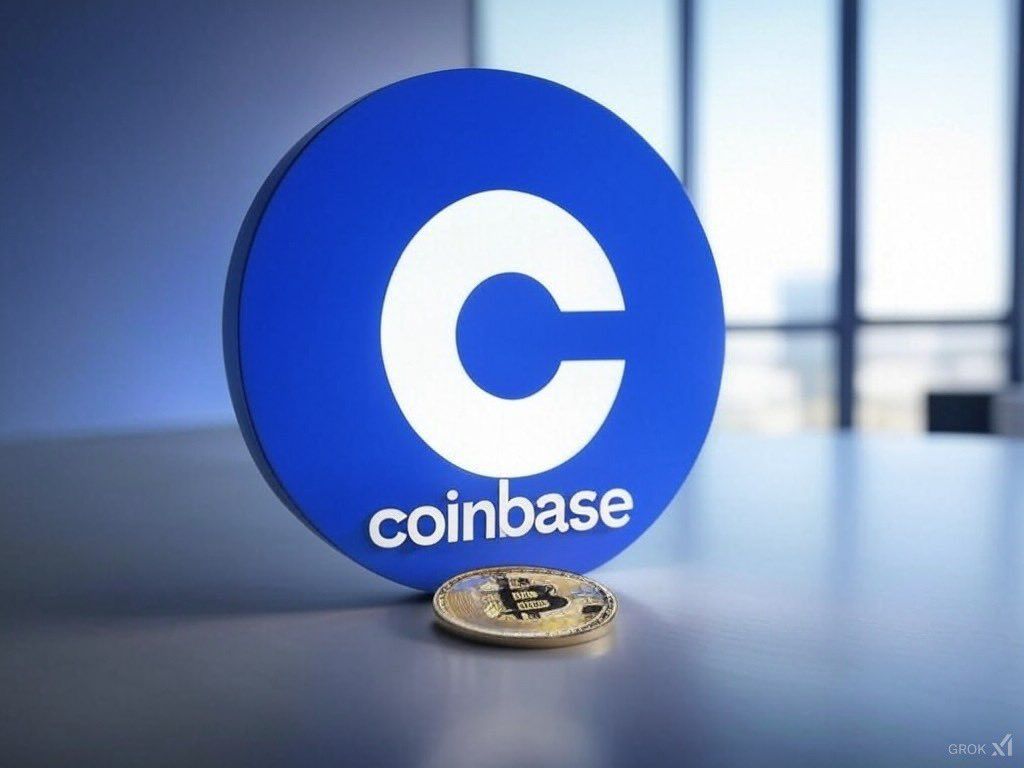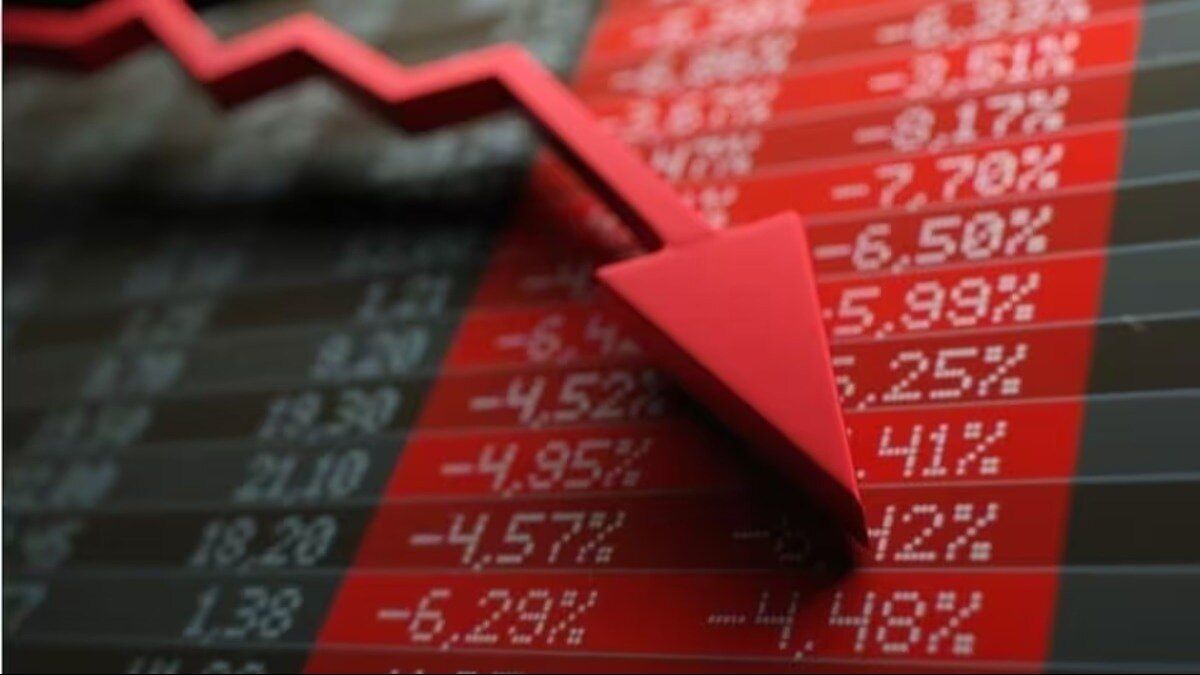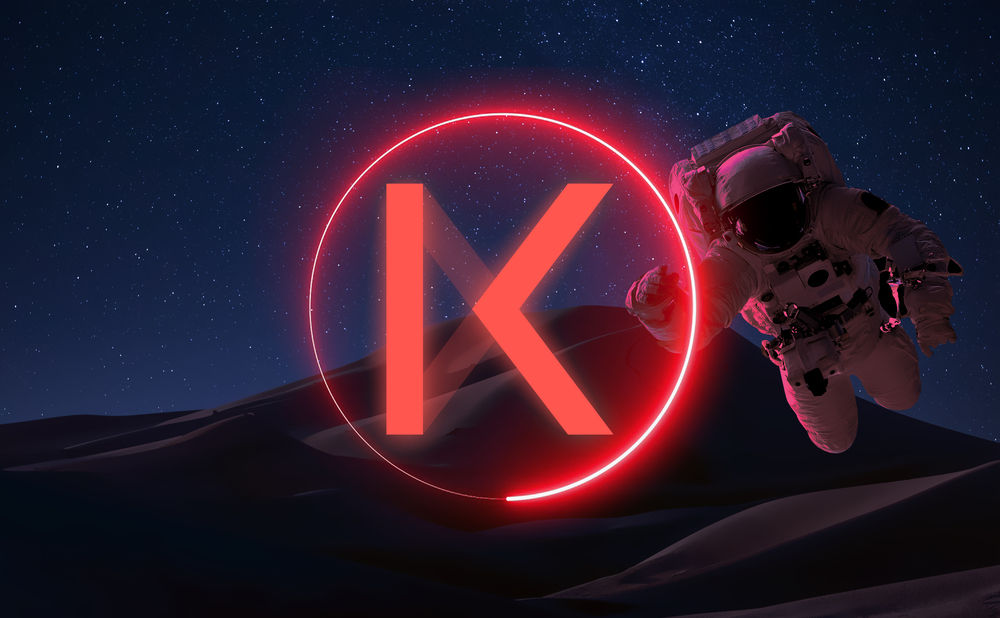Coinbase has requested authorization from the Securities and Exchange Commission (SEC) to provide US investors with blockchain-based stock trading.
If accepted, it will eliminate the need for conventional brokerage infrastructure by enabling Coinbase customers to purchase and sell “tokenized equities,” digital representations of firm shares, directly on the blockchain.
At the heart of Coinbase’s offering is the concept of tokenized stocks. Instead of genuine stock certificates or digital entries in a brokerage account, investors would hold tokens on the blockchain that represent ownership of shares in publicly traded companies. These tokens would enable speedy, secure, and transparent transactions, much like Bitcoins.
According to Coinbase’s Chief Legal Officer, Paul Grewal, the project may make Coinbase a direct competitor to popular retail brokerages such as Robinhood and Charles Schwab. He described it as a “huge priority.”
Choosing Blockchain-Based Stock
Proponents of tokenized stocks highlight several strong benefits:
- Reduced Trading Costs: Blockchain-based settlement may result in lower fees that middlemen typically charge.
- Faster Settlement: Instead of the days needed by older systems, transactions could settle in a matter of minutes or seconds.
- 24/7 trade: Blockchain platforms, in contrast to conventional stock markets, can function around the clock, enabling constant trade.
- Enhanced Transparency: All transactions are documented on a public ledger, reducing the likelihood of mistakes and fraud.
Coinbase is not alone in its ambitions. Rival crypto exchange Kraken recently announced plans to launch tokenized U.S. equities for international customers, though these products remain unavailable to Americans.
Despite the promise, significant regulatory challenges remain. Currently, trading tokenized equities is not permitted in the United States, and any move to do so requires explicit SEC approval. Coinbase is seeking either a “no action letter” or exemptive relief from the SEC, a formal assurance that the regulator will not pursue enforcement action if Coinbase proceeds.
Furthermore, there are concerns about insufficient secondary-market liquidity and the absence of clear global standards for tokenized equities. A recent World Economic Forum report underscored these issues as major obstacles to mainstream adoption.
READ MORE: Here’s Why BTC and Crypto Tokens Like Kaspa, AltLayer, Onyxcoin are Rising












